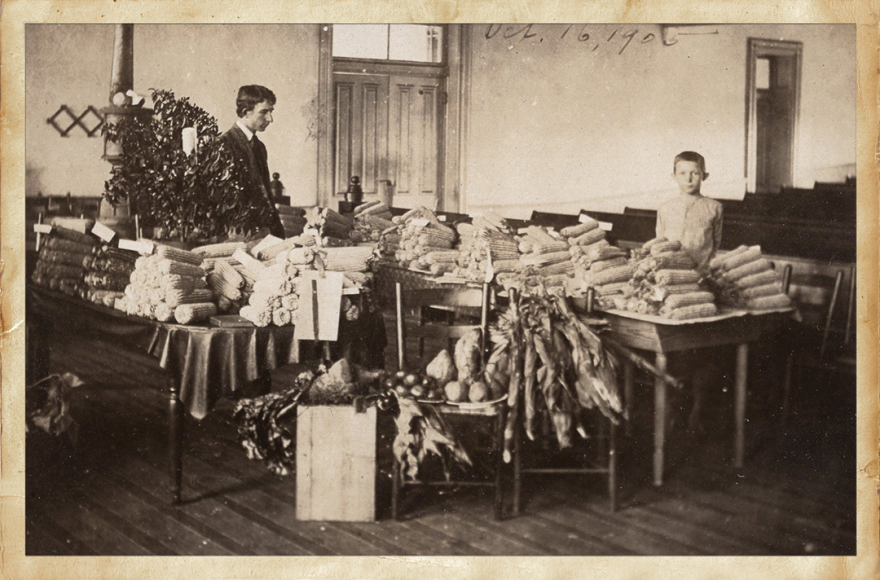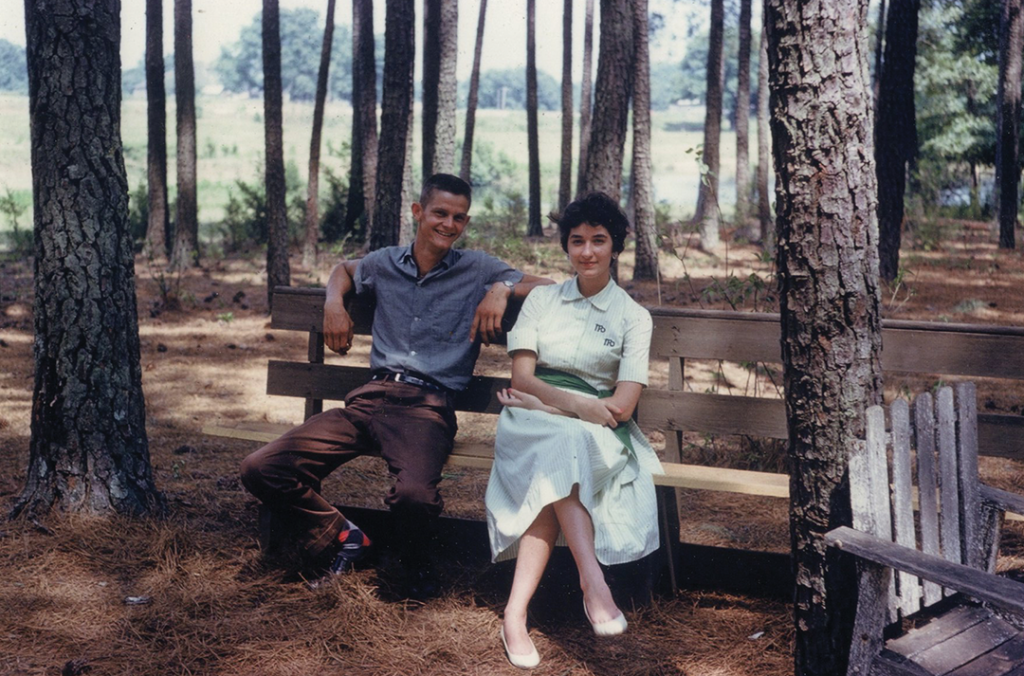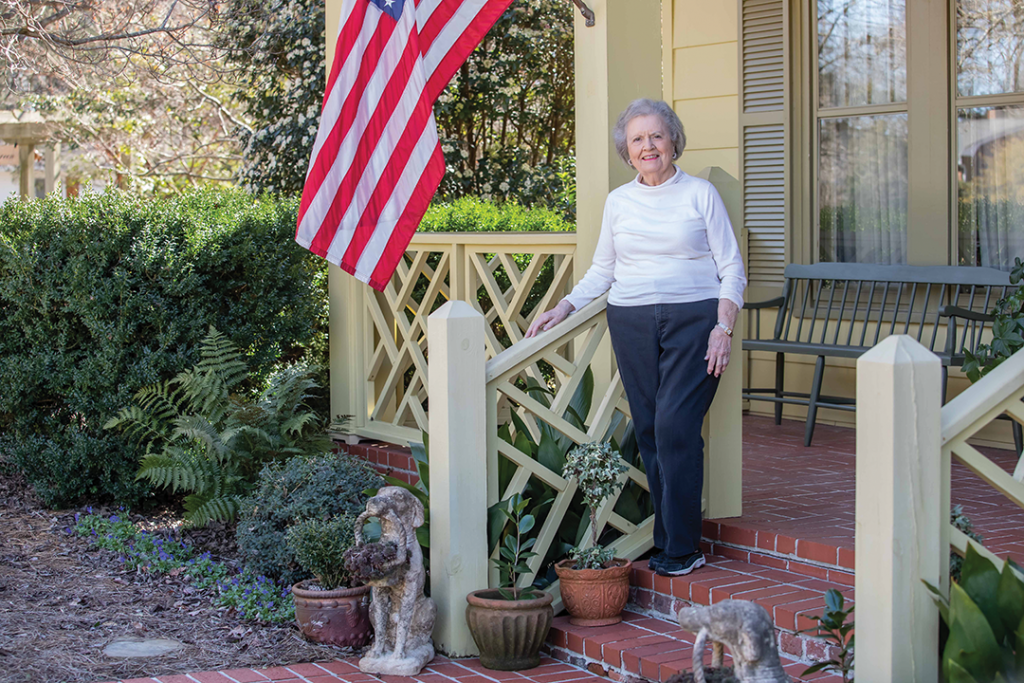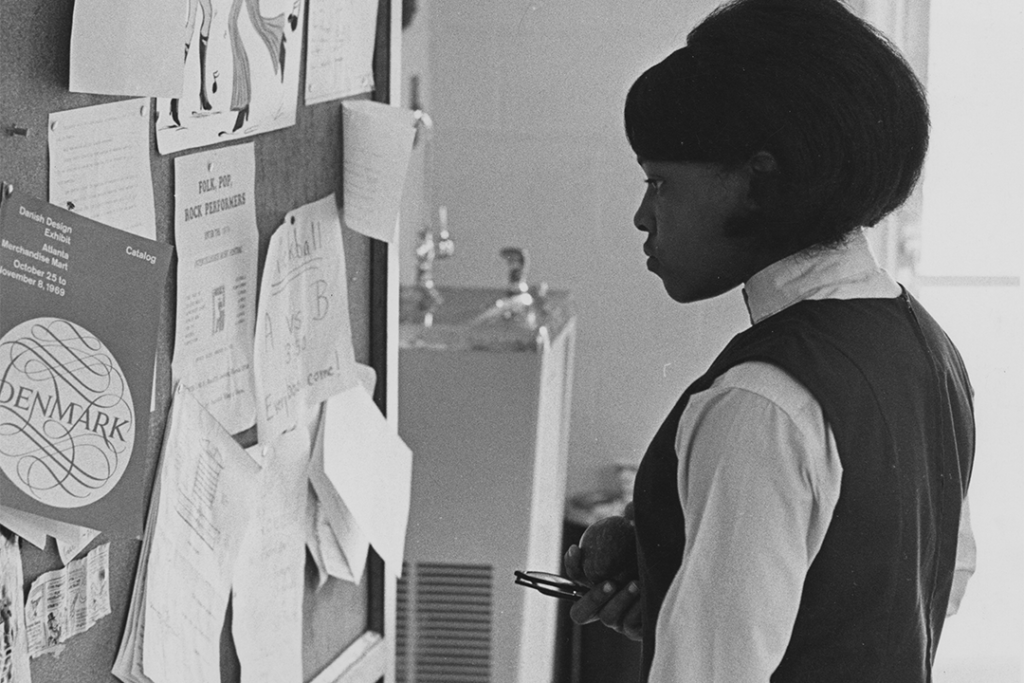The 4-H organization has aided in the development of youth leaders across the country for more than a century and owes its founding to Newton County.
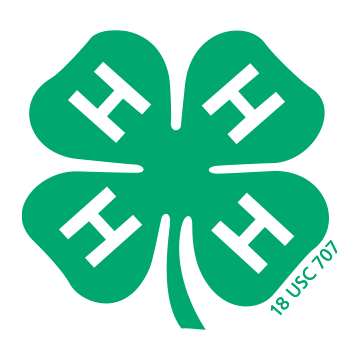
Most people recognize Jennifer Nettles’ name instantly. As one half of the country music duo Sugarland, she has made a name for herself in the entertainment industry, not only by winning Grammy awards but by starring in television movies and appearing on Broadway. When Sugarland took a recess a few years ago, Nettles took her solo musical act on the road and opened in the hallowed sanctuary of Ryman Theater in Nashville, Tennessee.
One might wonder what Nettles was doing when she paid a recent visit to the Georgia Legislature. She passed out autographed albums and talked to any legislator who would listen—they all listened—about the debacle that defunding and shuttering 4-H clubs across Georgia would create. Owing a significant part of her professional success to her early involvement in 4-H, she felt compelled to campaign to keep the program alive for the thousands who benefit from it. As a young girl in Douglas, Nettles got her first taste of singing through her local 4-H club.
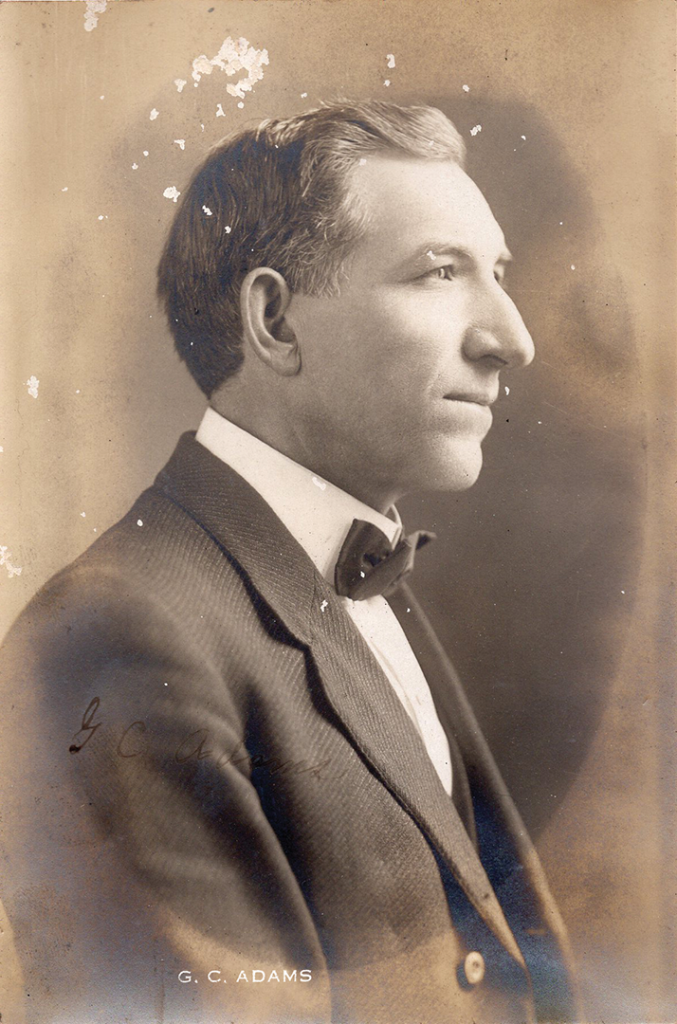
“It set the ground work very early on for what it means to get serious, and at the same time, it was the first time I was surrounded by kids who were like me, who had dreams in the performing arts,” Nettles said during an interview at the 2016 4-H Legacy Awards. “That was a big deal for a little girl from a small town.”
Newton County also has a vested interest in the well-being of 4-H, seeing as though it was founded here more than a century ago. Back in 1904, Newton County Schools Superintendent G.C. Adams noticed an event from the upper Midwest. It was called a Corn Contest, and it afforded young aspiring farmers the opportunity to compete to see who could grow the best crop of corn. Agriculture was at the time and remains so today the leading industry in Newton County, so Adams formed the first Agricultural Corn Club for Boys in Georgia. It soon morphed into what we now call 4-H.
“I pledge my head to clearer thinking, my heart to greater loyalty, my hands to larger service and my health to better living, for my club, my community, my country and my world.”
Official 4-H Pledge
The following year, Adams held a corn exhibition in the historic Newton County Courthouse. Judges awarded first place to George Plunket, second place to Thomas Greer and third place to Paul and Walter Cowan. Because the club was formed during the regrettable Jim Crow era, African-Americans were not allowed to participate in such activities. However, P.D. Johnson sponsored an African-American corn demonstration garden at the Washington Street School in 1904, believed to be the forerunner of the first-ever black 4-H club. Johnson later became the first African-American agent in the United States Farmers’ Co-operative Demonstration Work and the first black extension agent in the state of Georgia.
Unfortunately, a number of fires at the Washington Street School resulted in all documentation being lost, or tucked away in someone’s steamer trunk or attic. Nevertheless, reports from credible sources prove Newton County has from the start led the way in the formation of and continuing excellence associated with 4-H clubs in Georgia.
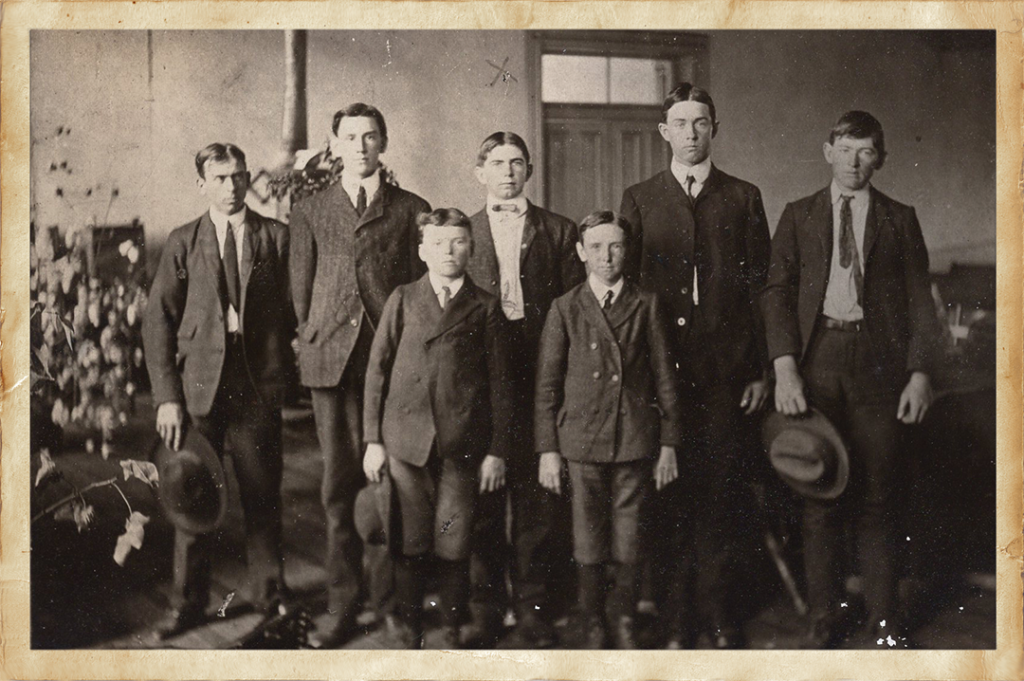
Adams went on to promote his corn club by having University of Georgia agriculture professors make repeated visits to Covington. During one such trip, youth in the area were challenged to grow one acre of corn near their homes. The project was so successful that it drew the attention of Atlanta newspapers, which caused the effort to sweep across the state. A group of women—even though they were still not allowed to vote at the time—organized the first Girls Tomato Canning Club in Sparta in 1908. It provided an outlet for young women that was comparable to the corn club for young men. Over time, the corn and tomato canning clubs all became part of 4-H.
Newton County 4-H Youth Extension Agent Terri Kimble Fullerton can outline in vivid detail the impact 4-H has had close to home. She readily reveals the official listing of all local residents who have earned recognition at the state and national levels in various fields of competition sponsored by 4-H clubs. They included Jerry and Leigh Aldridge, who were recently enshrined in the Newton County School System Educator Hall of Fame, and Arts Association in Newton County Executive Director Buncie Hay Lanners, who won a national competition for public speaking. So many others have accomplished much through 4-H.
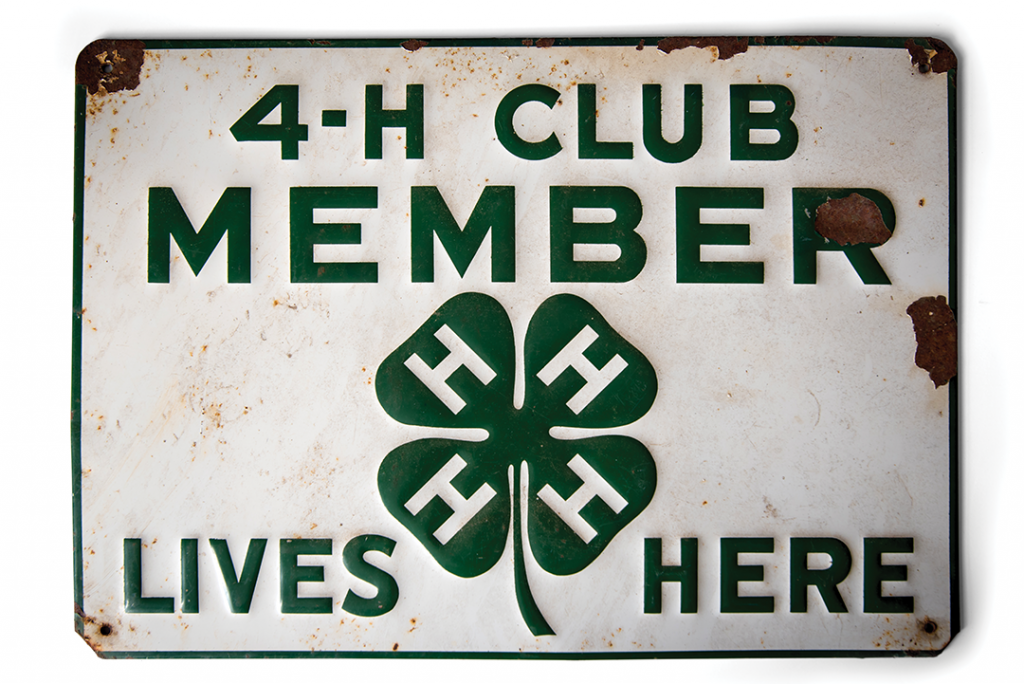
Ted Wynne, who hails from Cochran, well south of the “gnat line,” can trace his involvement with 4-H all the way back to fifth grade. He has performed county extension work for 30 years, the last 14 of them in Newton County. Wynne recently served on the judging team for a state poultry competition and came away impressed by the job done by local 4-H members. “We didn’t win the state,” he said, “but we represented our district of some 40 counties very well.” Wynne credited his grandmother for spurring his interest in poultry production and chuckled when asked whether or not he had a favorite chicken. “Well,” he said, “I reckon the White Leghorn has to be my favorite because they turn a little bit of feed into a whole lot of eggs.”
Nettles understands as well as anyone the vital role 4-H clubs play in communities. The fact that she carved out time in her schedule to lobby legislators says as much. From a country music superstar to young children just starting out on the wondrous road of life, 4-H can provide the nurturing care and fertile soil from which dreams can actually come true; and it all started in Newton County. G.C. Adams and P.D. Johnson would be proud.
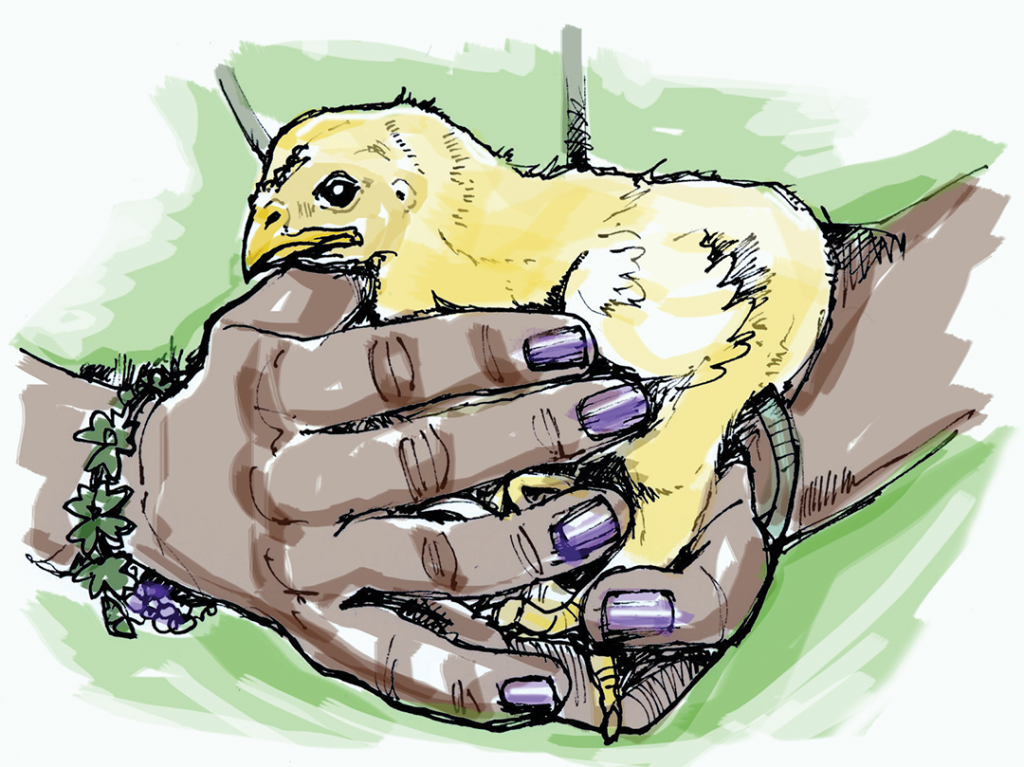
Contact Newton 4-H to:
· Learn about opportunities for kids, Grades 1-12, in shooting sports safety, livestock, performing arts, leadership, public speaking and more
· Volunteer as an instructor or chaperone
· Donate to keep 4-H activities accessible to all students
Click here to read more stories by Nat Harwell.

